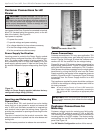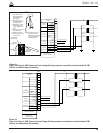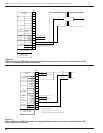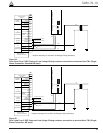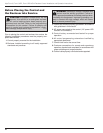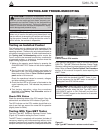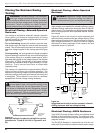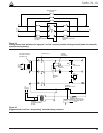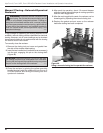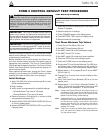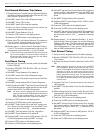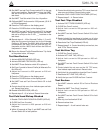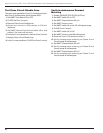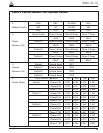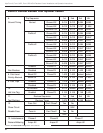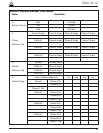
Manual Closing—Solenoid-Operated
Reclosers
If high-voltage for operating the closing solenoid is not
available, manual closing can be substituted for electrical
closing. However, not all control settings can be checked
since manual closing is not synchronized with the closing
coil control circuit in the control.
To manually close the recloser:
1. Remove the closing tool port cover and gasket from
the side of the recloser head casting.
2. Insert the tee-handled tool (available as an accessory)
into the port, engaging the pin on the closing shaft
(Figure 46).
3. Close the recloser by placing the yellow operating
handle (located under the sleethood) into the up or
CLOSED position and turning the closing tool one-
quarter turn clockwise.
4. After each trip operation, about 1/2 second elapses
while the closing solenoid plunger is moving upward to
reset the main toggle latch.
5. After the main toggle latch resets, the recloser can be
closed again by operating the manual closing tool.
6. Replace the gasket and port cover on the recloser
head after testing has been completed.
Kyle Form 5, Form 5 UDP, Form 5 DC NOVA Recloser Control Installation and Operation Instructions
46
WARNING: Explosion Hazard. Excessive Con-
tact Arcing. Do not use the manual closing tool to
close an oil-insulated, energized recloser. Closing an
energized oil-insulated recloser with a manual closing
tool can cause excessive contact arcing, rapid build-up
of gas within the equipment, and possible explosion
that can cause death, severe personal injury, and
equipment damage. T203.2
!
CAUTION: Equipment damage. Do not turn the man-
ual closing tool more than one-quarter turn clockwise.
Forcing the tool beyond the mechanism stop may shear
the pin on the closing shaft of the recloser. T222.0
Figure 46.
Using a manual closing tool to operate the recloser.
82284KMA-F



